2025 Rome Retirement Wave: Moral Controversy and Institutional Reflection
Since the start of the Rome Open in 2025, the women's court has set off a rare "whirlwind of withdrawal". Players such as Sigmund, Kvitova, Mukhova and Badosa either announced their withdrawal after the draw was announced, or retired immediately after winning a match, which sparked a heated discussion about the rules of professional tennis and the professional ethics of athletes. This wave of withdrawals not only exposes the plight of the lack of attraction of non-Grand Slam tournaments, but also pushes the controversy over whether it is unsportsmanlike to withdraw without reason after signing a table. When professional players make "selective participation" the norm, and when tournament organizing committees compromise in front of the rules due to commercial interests, the core values of the sport are facing serious challenges.
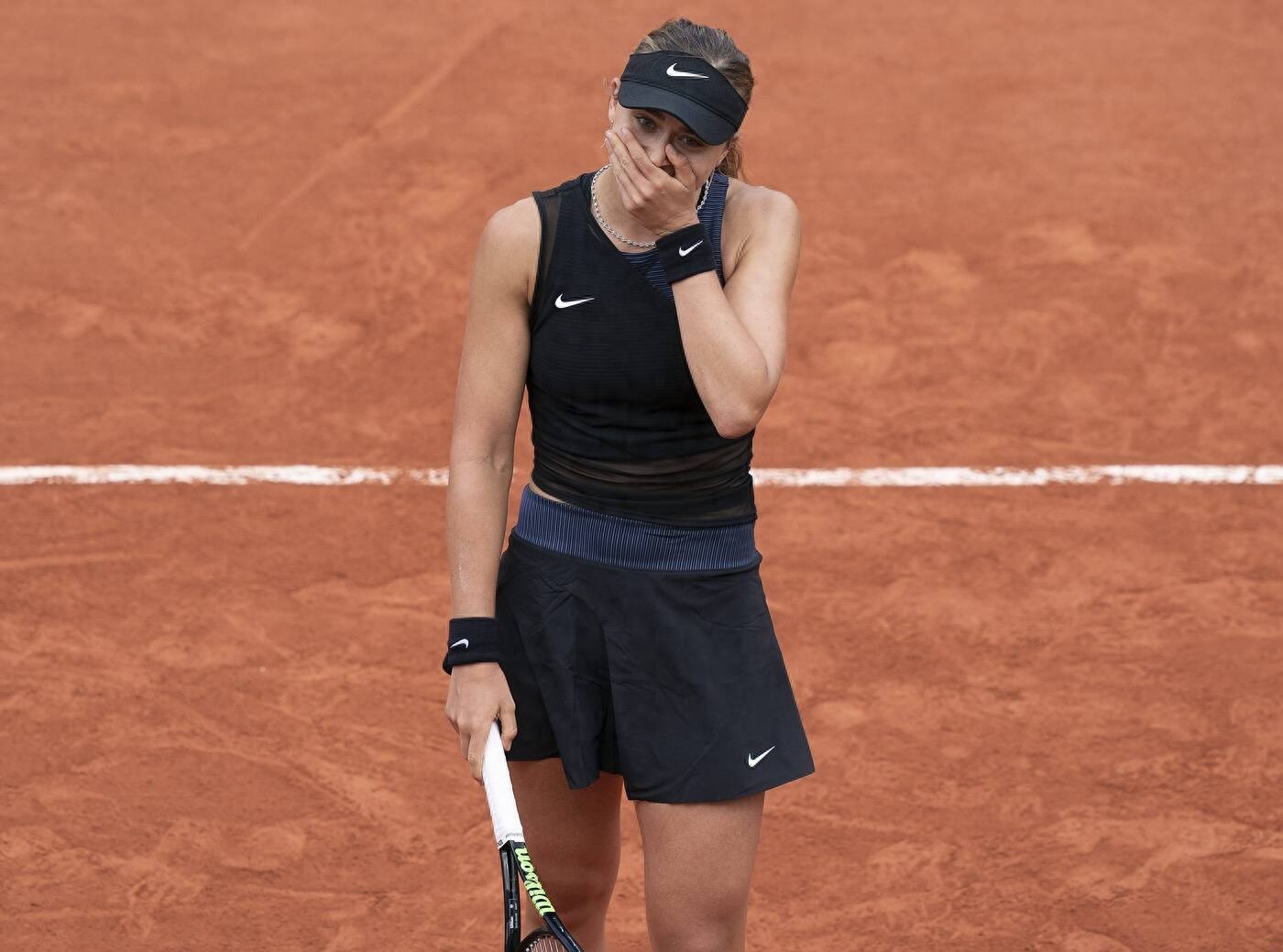
The schedule of professional tennis is a "physical grinder". Taking Rome as an example, as the last clay warm-up match before the French Open, it was sandwiched between the Madrid Masters and the French Open, making many players face the choice of "keeping the big and letting go of the small". When Zheng Qinwen retired from Stuttgart in 2025 due to an elbow injury, he admitted: "My body is extremely tired, and I have to save my energy for more important events. A similar logic applies to the wave of withdrawals in Rome – some players may see retirement as a "strategic break", especially in non-mandatory competitions, where the financial cost of such an option (such as fines) is often lower than the risk of physical overdraft.
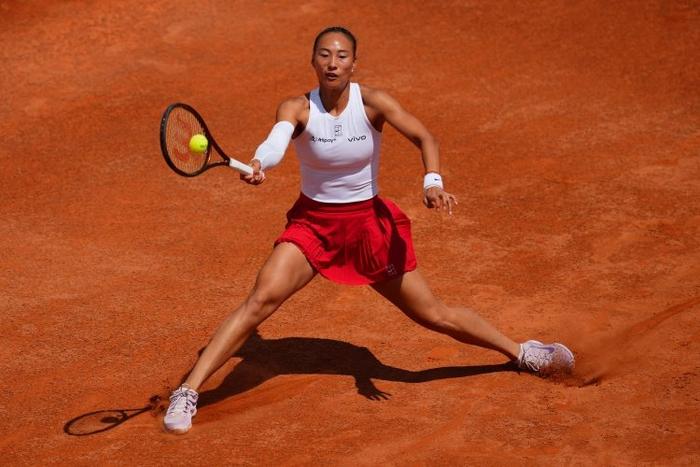
The deeper contradiction lies in the mismatch between the level of the event and the needs of the players. Rome is a WTA1000 tournament, but its mandatory entry rules only apply to the top 30 players in the world rankings, and each person is exempt from the obligation to participate once a year. This creates a loophole in the system for "dropping out after the draw": players can sign up to secure a seeded spot and then withdraw for "physical reasons" after the draw is announced, avoiding fines and retaining the flexibility to adjust the schedule. For example, Kvitova's team has publicly stated: "Points from Rome are of limited significance to players who have already secured a seeded place in the French Open, and the high load on the joints on clay courts may affect their subsequent form." This utilitarian consideration reflects the "commercial value first" ecology of professional tennis, when the tournament cannot provide enough bonuses, points or exposure, the willingness of top players to participate will inevitably decline.
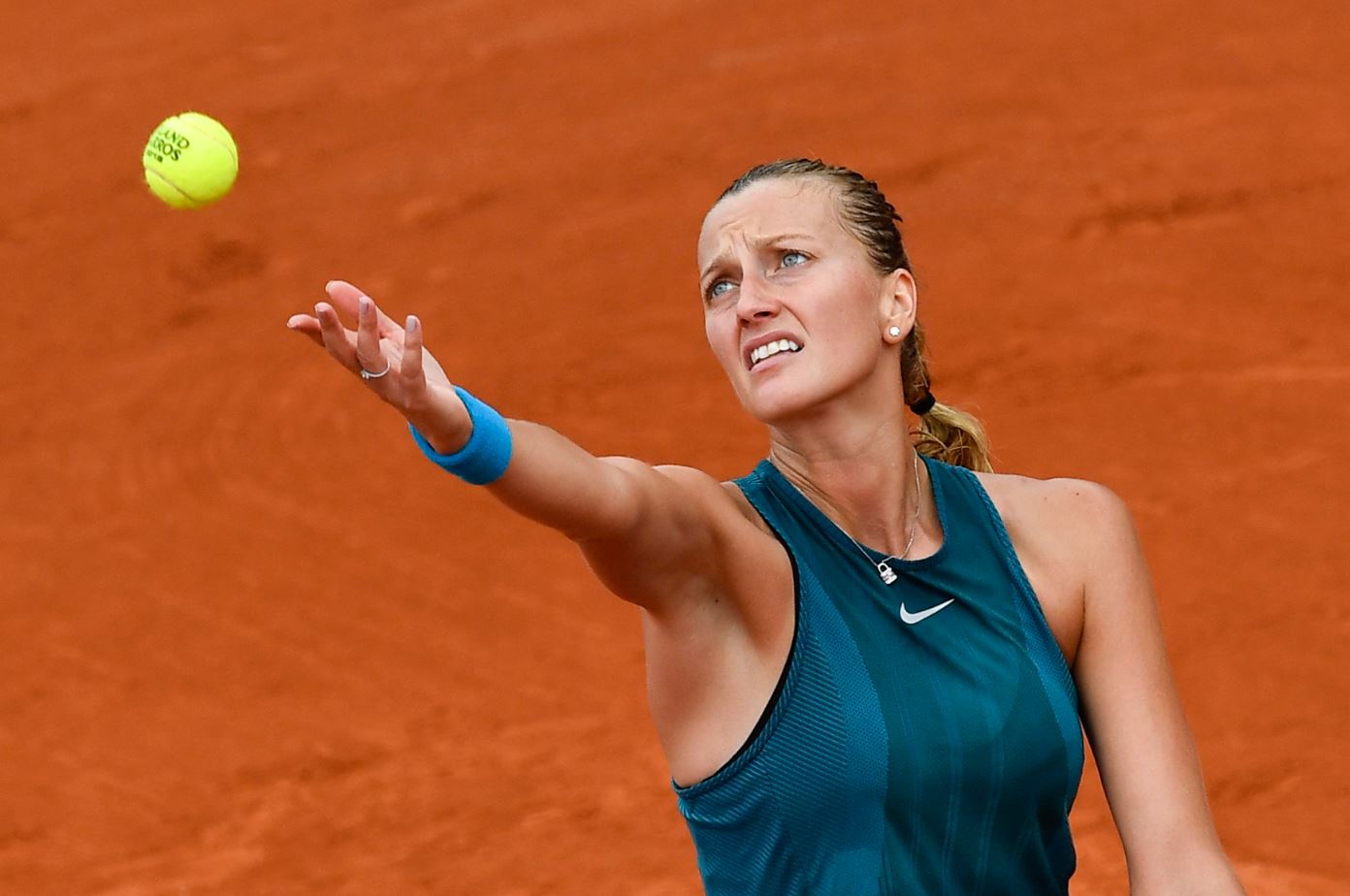
The core of the moral doubts raised by the wave of withdrawals lies in the authenticity of the reasons for withdrawal and the impact on the fairness of the event. On the one hand, professional players have the right to protect their health, as Sinner said frankly when he was under psychological pressure due to the drug ban scandal: "The torment of continuing to compete made me consider retiring"; On the other hand, frequent "pre-match lightning withdrawals" can lead to an imbalance in the draw and damage the rights and interests of low-ranked players. For example, after Mukhova withdraws, her original opponent directly advances, while the qualifying substitute loses the opportunity to participate, this "privileged withdrawal" is essentially a manifestation of unfair distribution of resources.
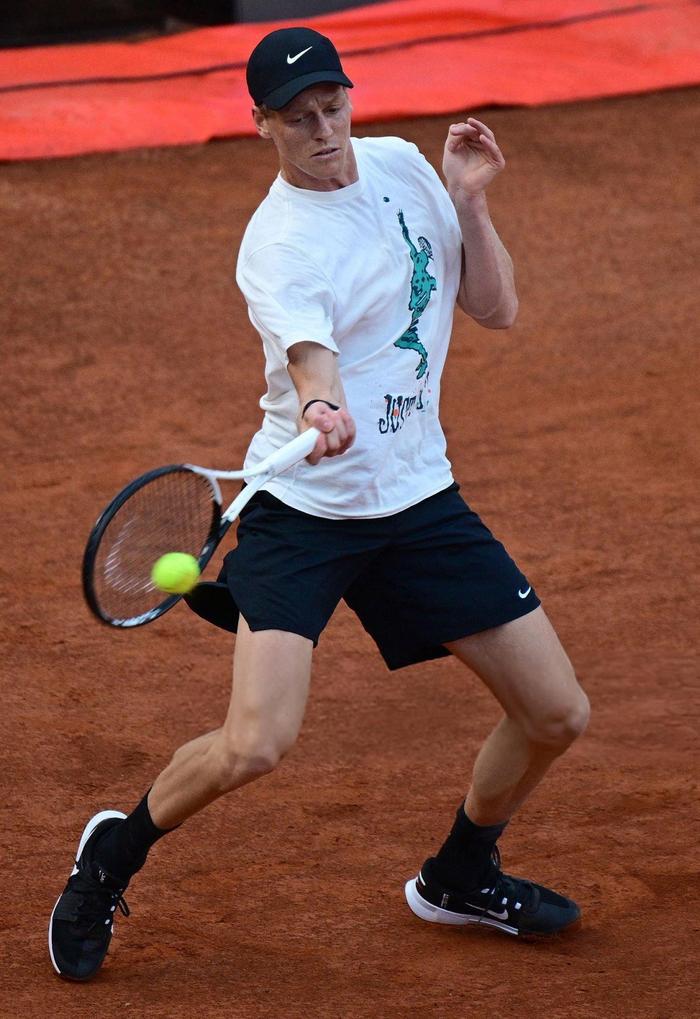
What is even more alarming is the erosion of the credibility of the event by "performative participation". In the case of Djokovic's withdrawal from Rome, the organising committee's arrogant refusal to upgrade security has led to criticism that "commercial interests take precedence over player safety". Similarly, when top players see non-Grand Slam events as "show-in" shows, the competitive value of the tournament is dissolved into a commercial show, which is contrary to the "fair play" ethos that tennis emphasises. According to the Italian Tennis Federation, there has been a 47% surge in security complaints at Rome in the past five years with no penalties, and this indulgence has created a vicious circle with a wave of withdrawals: organisers are reluctant to improve the experience, and players are withdrawn in protest, ultimately harming spectators and sponsors.
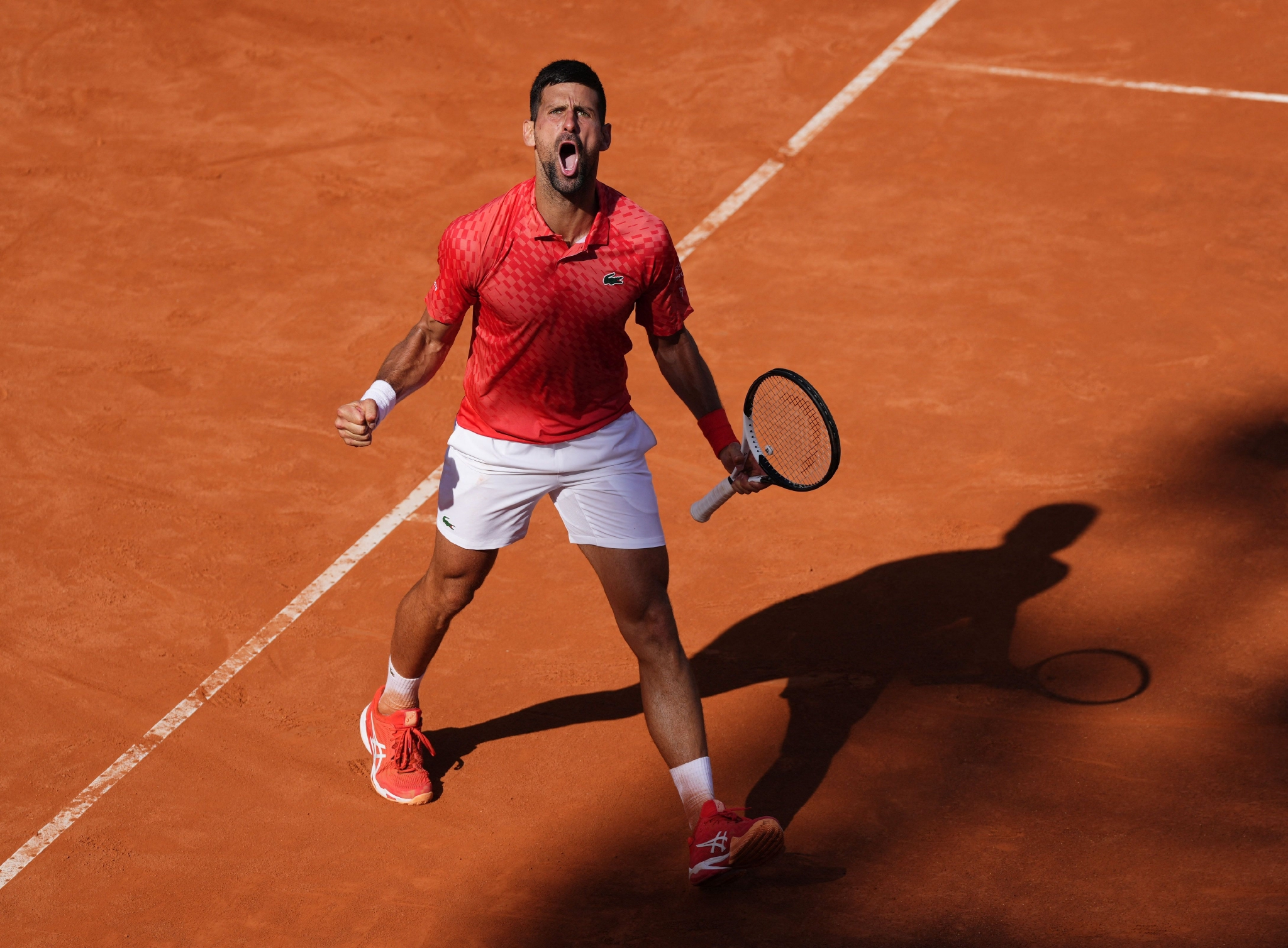
To solve the chaos of the withdrawal tide, we need to start from the level of rules. First of all, the review mechanism for the reasons for withdrawal should be improved. At present, the WTA stipulates that players must provide a medical certificate if they withdraw from the tournament after the draw is announced, but there are two major loopholes in the implementation: first, the certificate can be issued by a private doctor, and the authenticity is difficult to verify; Second, the withdrawal criteria for "minor injuries" were not clarified. A third-party medical committee can be established to evaluate withdrawal applications in a graded manner, and impose points deductions or bonus proportional fines on those who frequently "withdraw from the tournament with suspicion of safety" clause.
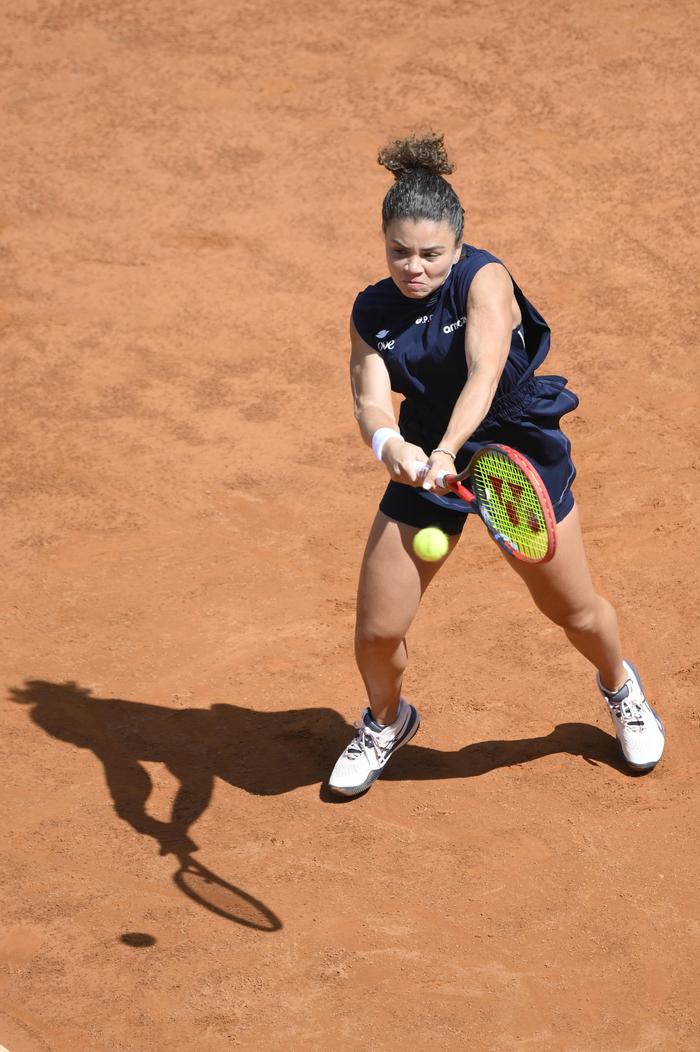
Second, the event classification system needs to be reconstructed. The mandatory rules of the four Grand Slams are effective because of their irreplaceable points and prestige value. In contrast, secondary events such as Rome can explore differentiated positioning: for example, shortening the schedule to reduce the load (a reference to Madrid's "fast-paced clay" reform), or adding added value such as exhibition matches and youth co-branding events. Rome 2025 will try to provide transportation and accommodation subsidies for substitutes in order to alleviate the wave of retirements, a measure that does not prevent the top players from withdrawing, but it provides a fair opportunity for lower-ranked players and is worth promoting.
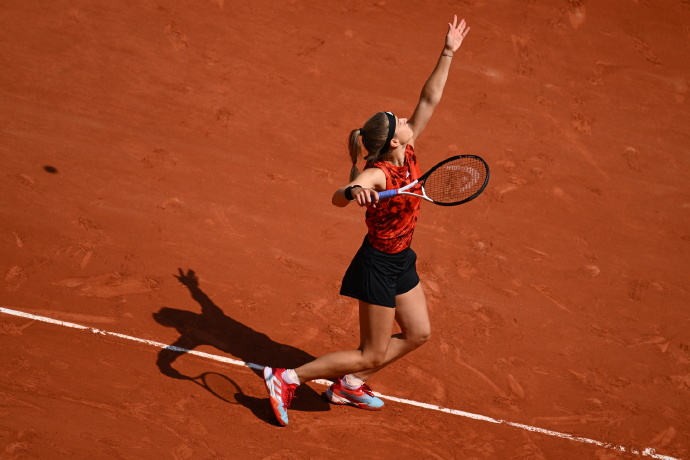
Finally, the balance between business interests and competitive ethics is crucial. Djokovic's withdrawal forced Roma to face up to security holes, proving that collective action can drive reform. If the organizing committee can establish a linkage mechanism of "player safety and event rating" (such as the provision of "serious accidents trigger the qualification review" in the Celes clause), it will force the tournament party to improve the organizational level, thereby enhancing the willingness of players to participate and forming a virtuous circle.
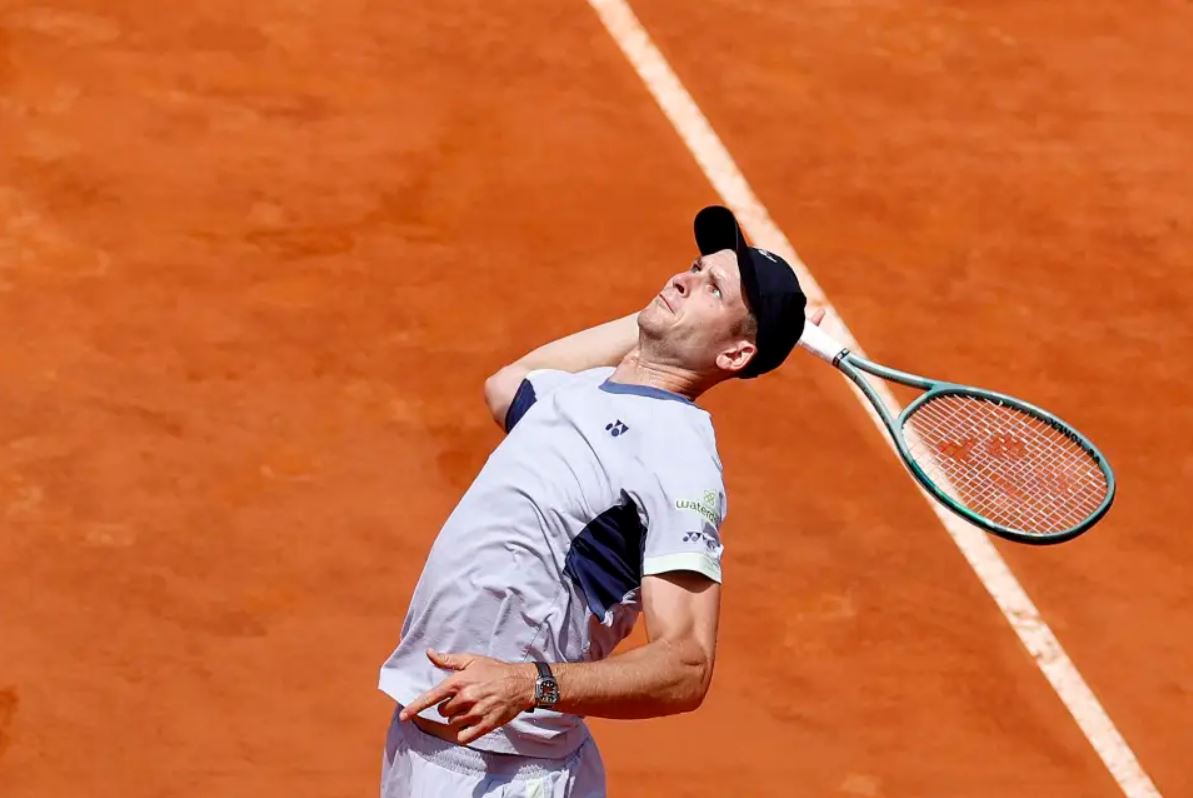
The wave of withdrawals at Rome is not an accident, but a microcosm of the entire tennis ecology. When players instrumentalize "retirement" under the pressure of survival, and when the organizing committee ignores the core experience for commercial gain, the sport faces the risk of alienation into a "performance industry". The solution lies in more transparent rules, a more humane schedule, and a more equal dialogue mechanism, because the value of tennis lies not only in the championship trophy, but also in the awe of the competitive spirit that each player walks on the court. This is what tennis is really all about when every tennis player enjoys the sport as a way to live and enjoy it, not just a tool to make money.(Source: Tennis Home Author: Xiaodi)







 Links
Links
 Contact
Contact
 App
App


